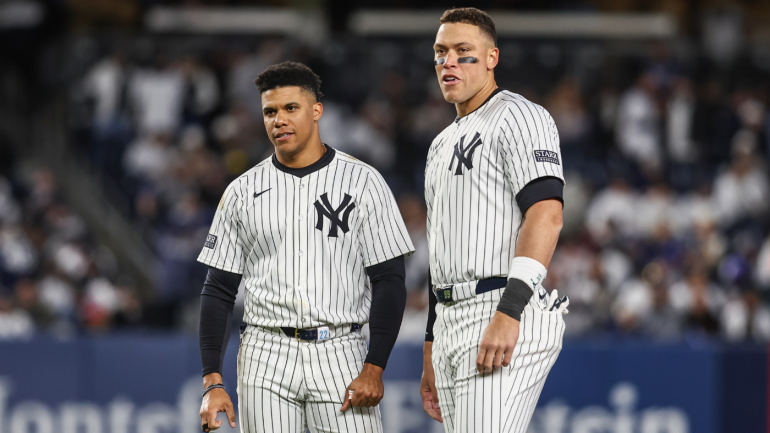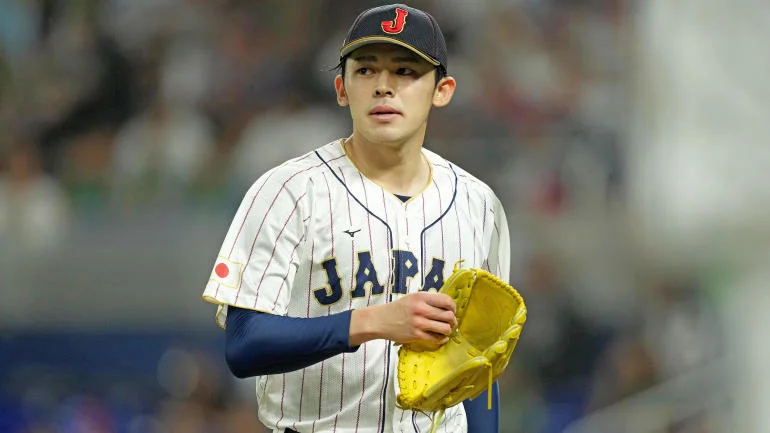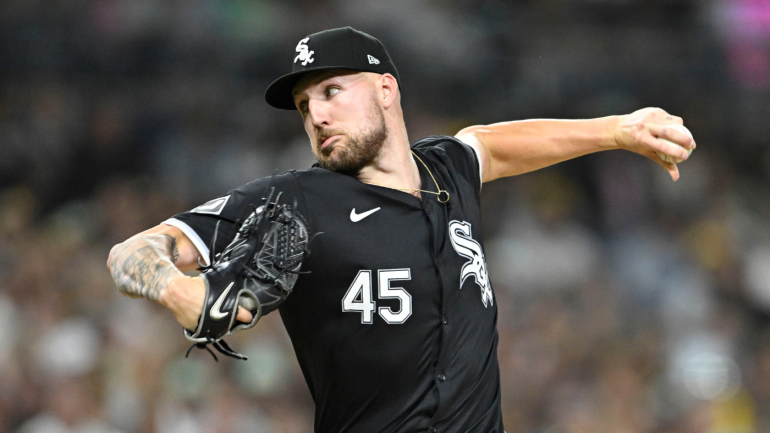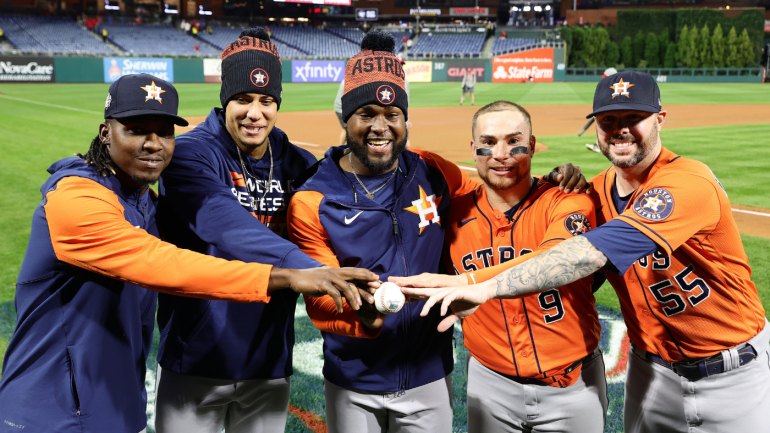Looking issues surrounding Ted Williams.
In his first two seasons in the MLB from 2012-2013, many fans and writers alike felt that Mike Trout was robbed of MVP awards that went to Miguel Cabrera, partially because Trout’s Angels failed to advance to the postseason, while Cabrera’s Tigers won the AL Central both seasons. Despite Cabrera winning the Triple Crown in 2012, and leading the league in AVG, OBP, and SLG while hitting 44 HR and 137 RBI in 2013, Trout fans did have a compelling argument for him to win the MVP each year, as he had beaten Cabrera in WAR by an average of 2.6 over the two seasons. However, when push comes to shove, MVP voters tend to reward players who led their teams to the postseason. And in no instance was this more evident than in the Hall of Fame career of Ted Williams.
Don’t get me wrong, Ted Williams is already recognized by most as one of the ten best baseball players of all-time. Although he missed his age 24-26 seasons to fight in WWII, Williams still finished his career with two AL MVP awards, 521 HR, 1839 RBI, 2021 BB compared to only 709 strikeouts, and a career line of .344/.482/.634, the middle of which is the highest career on-base percentage in baseball history. Despite his 123.2 WAR, (14th all-time) when asked who the greatest hitter who ever lived is, many fans will be quick to say Babe Ruth or Willie Mays, with Williams somehow being left out of the discussion. Had baseball writers looked at Williams statistics in 1941, 1942, and 1947 and realized just how much better he was than his peers, his legacy would likely be very different, given he would be one of two players with five or more MVP awards. Let’s take a look at each of those seasons.
In 1941, Williams lot the MVP award to Yankee’s center fielder and fellow all-time great Joe DiMaggio by a score of 291, to 254 score points. While Dimaggio did have his famed 56 game hit streak that season, Williams also hit .406, the last time a hitter has ever hit over .400 in a season, and just missed out on the American League triple crown. However, the tie-breaker between the two hitters was likely in the standings, as the Yankees won the American League pennant with 101 wins, while the Red Sox finished in a distant second place, seventeen games behind the Yankees. When you compare the two hitter’s seasons though, it isn’t close who had the better season, although Dimaggio certainly did do more than enough to warrant winning the MVP award.
1941 Dimaggio: 9.1 WAR, 122 R, 193 H, 30 HR, 125 RBI, 76 BB, .357/.440/.643
1941 Williams: 10.6 WAR, 135 R, 185 H, 37 HR, 120 RBI, 147 BB, .406/.553/.735
While Dimaggio did lead the league in RBI, Williams paced the American League in batting average by 47 points, slugging, on-base percentage, home runs, runs scored, and walks. It should also be mentioned that Williams’ 1.287 OPS that season is the highest in baseball history by a player not named Babe Ruth or Barry Bonds. Yes, it may be true that DiMaggio’s 56 game hitting streak is the single most unbreakable streak in baseball history; however, during the streak, Dimaggio hit .408 with a 1.181 OPS; in the same time frame, Williams hit .412 with a 1.224 OPS, outhitting DiMaggio.
The following season, in 1942, the Yankees again finished in first place in the American League with 103 wins. While the Red Sox fared better than the season before, winning nine more games, they still found themselves nine games behind the Yankees at season’s end. Once again, Williams likely paid the price for the Red Sox finishing in second place, as despite winning the triple crown in the American League, Williams once again finished in second place in the AL MVP vote to a Yankee, only this time, it was to second baseman Joe Gordon. When comparing the two player’s numbers, once again, Williams comes out on top, only this time, the gap is much larger than in 1941.
1942 Joe Gordon: 8.2 WAR, 88 R, 173 H, 18 HR, 103 RBI, 79 BB, 95 K, .322/.409/.491
1942 Ted Williams: 10.6 WAR, 141 R, 186 H, 36 HR, 137 RBI, 145 BB, 51 K, .356/.499/.648
Not only did Williams best Gordon in every major offensive category, but he also led the entire American League in HR, RBI, AVG, SLG, OBP, OPS, runs scored, walks, and total bases. Specifically, Williams won the Triple Crown by 6 HR, 23 RBI, and a whopping 23 batting average points.
There have only been sixteen Triple Crown seasons in MLB history; Williams has two of those seasons, yet managed to not win the MVP award in either instance. In 1947, the American League MVP vote was the closest in baseball history, 202 to 201 points. Just like in 1941, the Yankees finished in first place, fourteen games in front of the Red Sox. Once again, behind the strength of a first-place team, Joe Dimaggio bested Williams in the AL MVP vote, despite not coming particularly close to besting Williams in any single offensive category other than stolen bases.
1947 Joe Dimaggio: 4.8 WAR, 97 R, 168 H, 20 HR, 97 RBI, 3 SB, 64 BB, .315/.391/.522
1947 Ted Williams: 9.9 WAR, 125 R, 181 H, 32 HR, 114 RBI, 0 SB, 162 BB, .343/.499/.634
Just like in his 1942 Triple Crown season, Williams not only led the league in HR, RBI, and AVG, but also runs scored, walks, OPS, and total bases. Any average fan would look at Williams 1947 season (especially when compared to DiMaggio’s) and easily come to the conclusion that he was the best player in the American League that season. Yet once again, whether it was because the media disliked him, or because he didn’t play for a first-place team, Williams was snubbed by baseball writers in the MVP vote. Without a doubt, Williams is one of the greatest baseball players of all-time but had the media gotten the MVP vote not once, not twice, but three times, he may be mentioned as the single greatest player ever.




